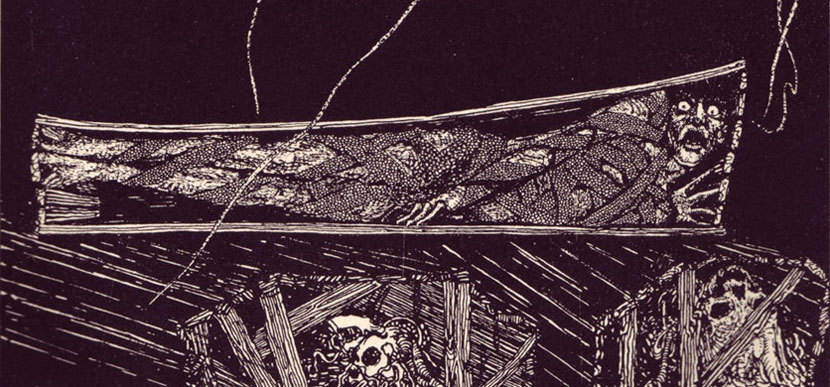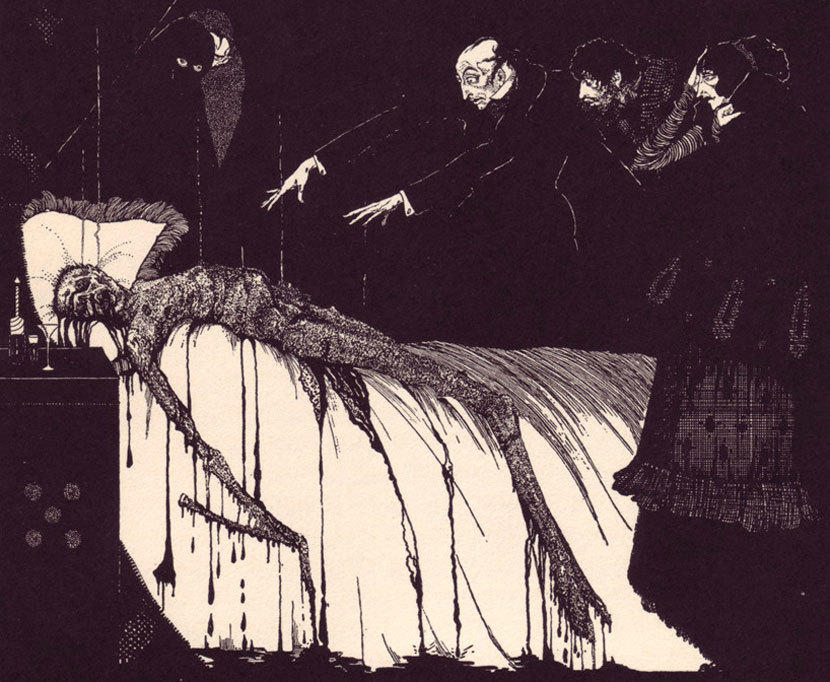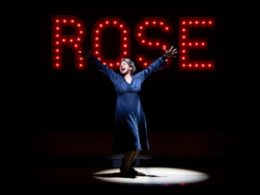By popular demand, this year we offer, as a Halloween service to our readers, a list of the scariest, spookiest fiction from the entire LOA roster. Don’t say we didn’t warn you.

American Fantastic Tales: Terror and the Uncanny from Poe to Now
A comprehensive compendium of American weird fiction, as well as a handy introduction to all the writers on this list, LOA’s two-volume set edited by Peter Straub collects eighty-six “tales of horror, hauntings, terrifying obsessions and gruesome incursions, of the uncanny ways in which ordinary reality can be breached and subverted by the unknown and the irrational.” Winner of the 2010 World Fantasy Award for Best Anthology.
Related Story of the Week: Edward Lucas White, “Lukundoo”
Charles Brockden Brown: Three Gothic Novels
The short-lived Charles Brockden Brown (1771–1810) was hailed by Margaret Fuller as one of “the dark masters” decades after his death. These three novels he wrote in a burst of creative inspiration between 1798 and 1800—Wieland, Arthur Mervyn, and Edgar Huntly—feature lurid episodes of spontaneous combustion, madness, somnambulism, and religiously inspired murder. If those don’t send a shiver up your spine, Brown’s vivid descriptions of a yellow fever epidemic ravaging Philadelphia in Arthur Mervyn just might.
Related Story of the Week: Charles Brockden Brown, “Somnambulism: A Fragment”
Shirley Jackson: Novels and Stories
Shirley Jackson’s resurgence, in which this LOA volume edited by Joyce Carol Oates has played no small part, received another boost with the publication of Ruth Franklin’s well-received biography in 2016. Earlier this month, Netflix launched Jackson straight into the pop-culture firmament with its ten-part reimagining of her 1959 novel The Haunting of Hill House, still the greatest treatment of a haunted house in fiction. (No less an authority than Stephen King has deemed the Netflix series “close to a work of genius” on Twitter.)
Related Story of the Week: Shirley Jackson, “Biography of a Story”
H. P. Lovecraft: Tales
Lovecraft’s personal prejudices continue to generate controversy—as well as, in response, a thriving fictional subgenre—but the ongoing debates only demonstrate his importance to the supernatural tradition in American writing. Library of America’s collection (also edited by Peter Straub) includes all Lovecraft’s most famous short stories and novellas, which uncover lurking cosmic horrors everywhere from the New England coast all the way to Antarctica.
Related Story of the Week: H. P. Lovecraft, “The Music of Erich Zann”
Edgar Allan Poe: Poetry and Tales
Rather than say anything about Poe’s creepiest short stories, it’s more fun to let them speak for themselves. Try the sampling below—and see if the frissons evoked don’t incite you to re-read his classics or discover them for the first time:
And Darkness and Decay and the Red Death held illimitable dominion over all.
— “The Masque of the Red Death”
If you still think me mad, you will think so no longer when I describe the wise precautions I took for the concealment of the body.
— “The Tell-Tale Heart”
“For the love of God, Montresor!”
— “The Cask of Amontillado”
Upon the bed, before that whole company, there lay a nearly liquid mass of loathsome—of detestable putridity.
— “The Facts in the Case of M. Valdemar”
Related Story of the Week: Edgar Allan Poe, “The Cask of Amontillado”




